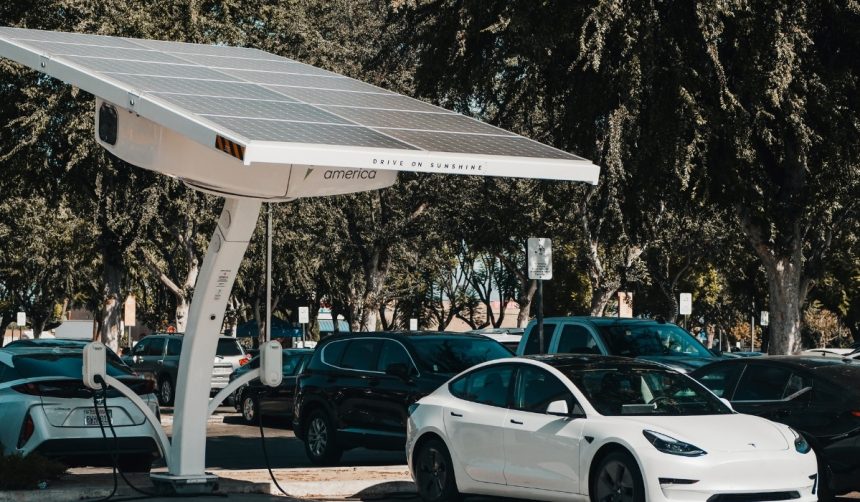Tesla has long stood out not only for its electric vehicles but also for its deep investments in advanced technology. Recent commentary from financial analysts highlights growing recognition of Tesla’s repositioning in the marketplace, identifying the company’s expansion into sectors such as artificial intelligence, energy storage, and robotics as pivotal. Investors and market watchers are now paying close attention to how these diversified efforts may affect Tesla’s future stock performance and overall valuation.
Earlier perspectives frequently regarded Tesla predominantly as a car manufacturer, even as the company steadily diversified with offerings like Powerwall, Powerpack, and extended ventures into solar technology and robotics. Recent reports have brought increased attention to Tesla’s strategy, with analysts pointing toward both operational challenges and innovation successes. There have been debates about the sustainability of its valuation, especially during periods of volatile stock performance and shifting public sentiment regarding CEO Elon Musk’s bold projections. Contrasted with those discussions, current assessments place more weight on Tesla’s growing identity as a technology enterprise.
How Are Analysts Interpreting Tesla’s Direction?
Recent analysis from Jim Cramer focuses on Tesla’s evolution from a vehicle producer to a technology-focused company. He stated,
“Tesla is morphing right now. It’s in transition from being a car company to being a technology company. You wanna be in there because the tech is worth a lot more than what it’s selling for right now. Don’t care where you bought it, care where it’s going to.”
Cramer’s outlook suggests that the market could begin to assign greater value to Tesla’s technology portfolio rather than just its automotive segment.
What Role Do Product Innovations Play?
Tesla’s advancements in energy and AI technology, such as Powerwall, Powerpack, and robotics initiatives, have broadened the company’s scope and reputation. While automotive operations remain a significant revenue driver, the company’s foray into autonomous driving software and humanoid robotics is gaining momentum. These developments are set to influence investor expectations regarding future growth and competition in technology-driven industries.
Are Executive Expectations Shaping Investor Sentiment?
Elon Musk’s projections have also played a role in shaping investor sentiment. He expressed optimism during Tesla’s Q2 earnings call, remarking,
“I do think if Tesla continues to execute well with vehicle autonomy and humanoid robot autonomy, it will be the most valuable company in the world. A lot of execution between here and there. It doesn’t just happen.”
Such statements, while optimistic, underline the significant work required for Tesla to realize these ambitions.
Tesla’s profile continues to shift as it deepens its investments in technology arenas beyond cars, a trend increasingly acknowledged by analysts and industry commentators. While past coverage has wavered in confidence—fluctuating with changes in leadership commentary and quarterly results—current attention focuses on how successfully Tesla can convert these diversified bets into sustained value. Investors considering the stock now must evaluate not only the electric vehicle landscape but also the prospects of Tesla’s growth as a platform for energy, automation, and AI technologies. Reviewing Cramer’s and Musk’s latest remarks, market watchers may find it prudent to weigh execution risks alongside the potential for long-term value, particularly given the volatility sometimes associated with rapid corporate transformation.
- Tesla’s identity continues to evolve beyond vehicle manufacturing.
- Analyst opinions increasingly spotlight Tesla’s technology divisions.
- Investor sentiment remains sensitive to the company’s ability to deliver results.










